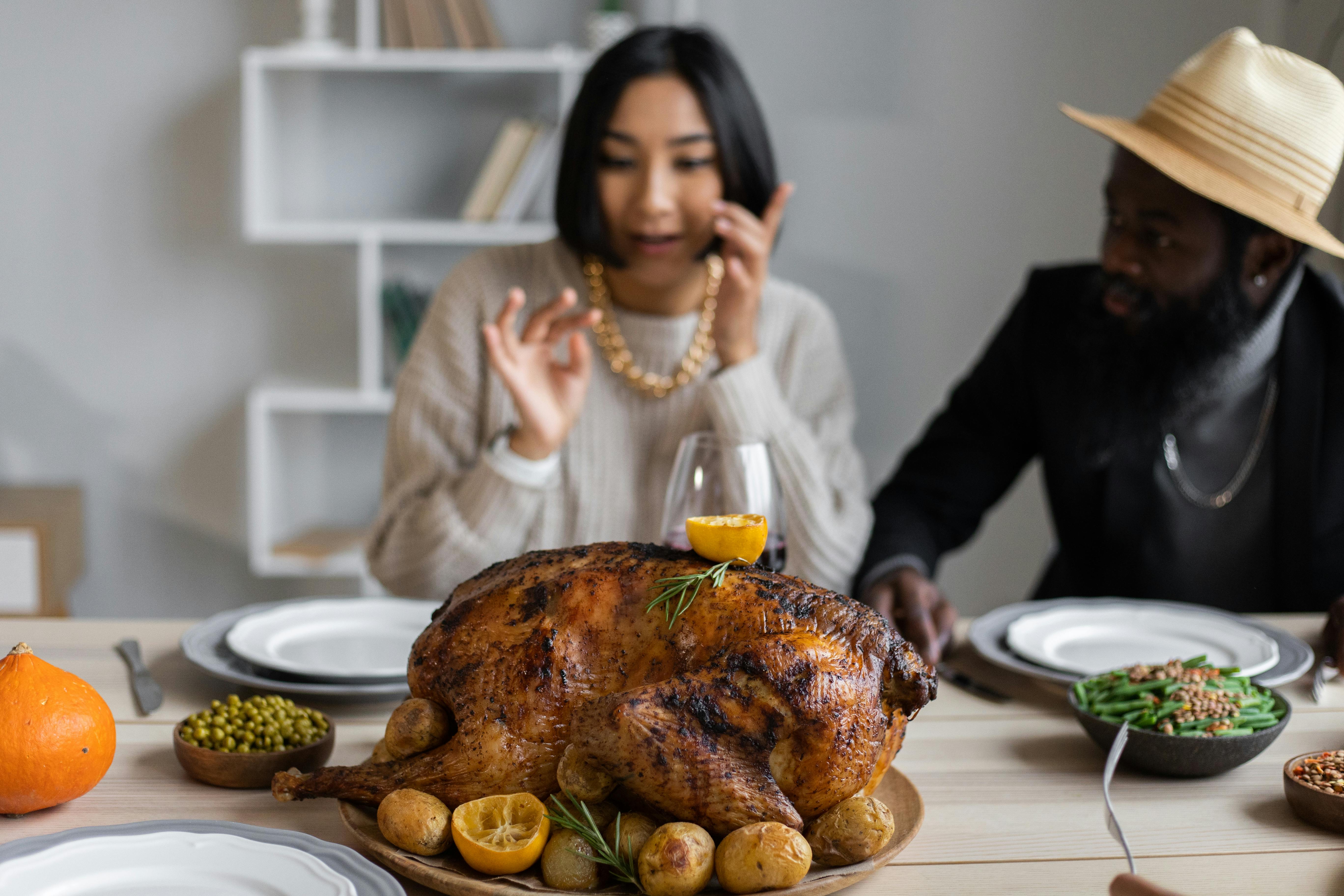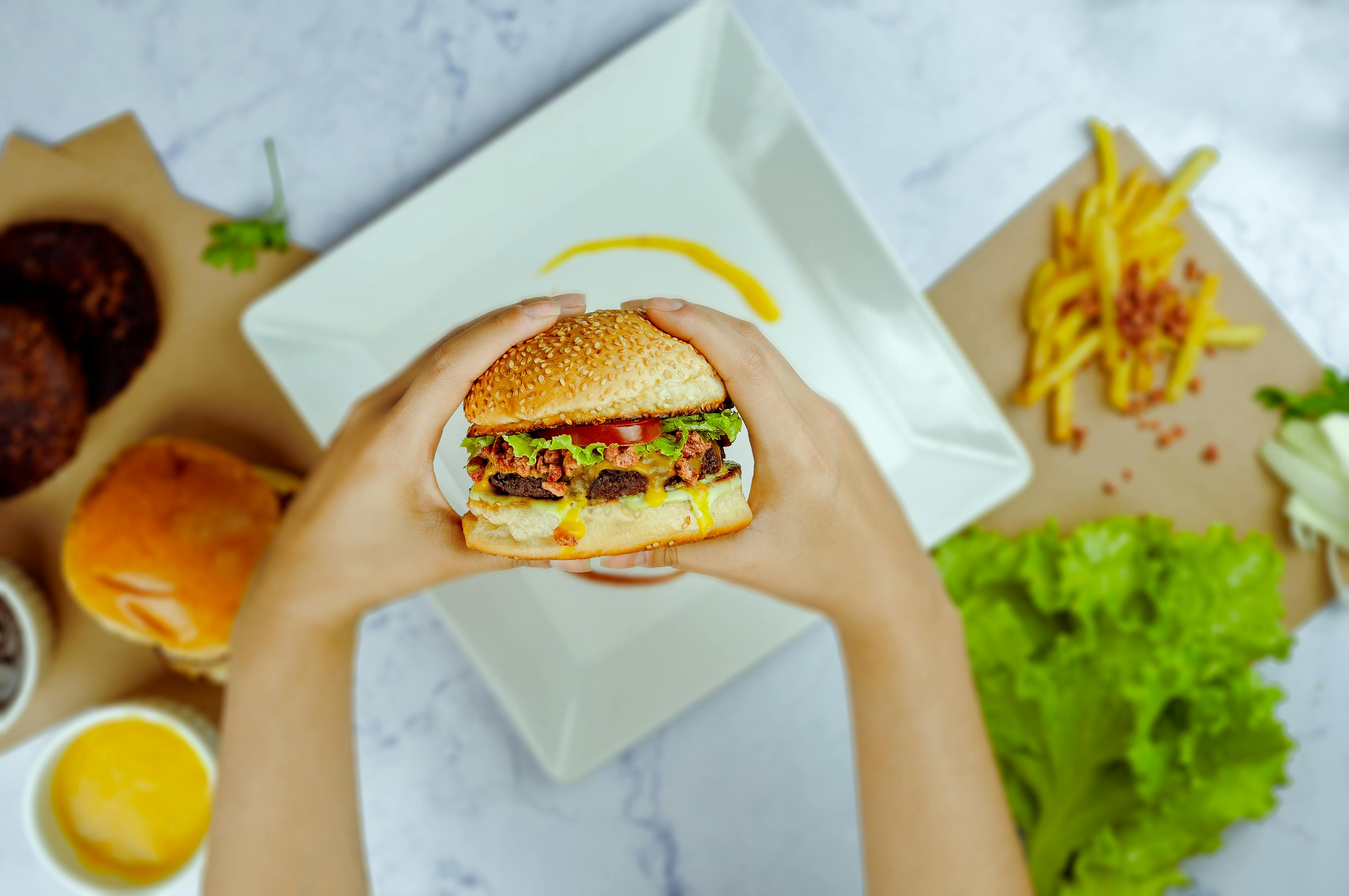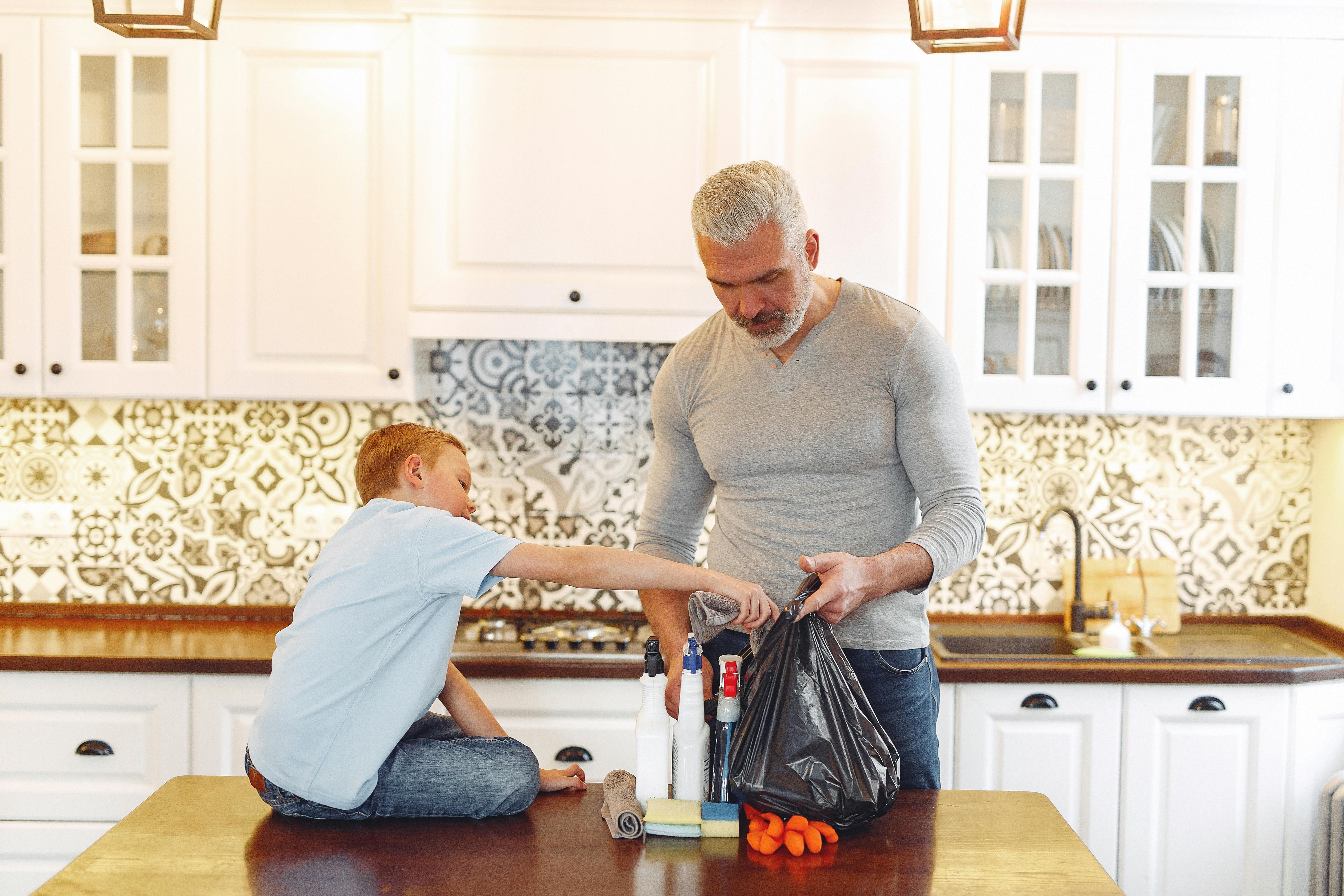
Get Eco in your kitchen
Get eco in your kitchen with these tips. From electricity to water usage, your kitchen can go green by following a few simple guidelines to reuse items, minimize waste, and be as green as possible.
Microwaves: Cooking in the microwave and other small appliances can be extremely efficient compared to a stove. When buying one, choose models with the highest Energy Star rating.
Bamboo and Aluminum Steamers – Bamboo or aluminum steamers are perfect for conserving energy. Always try to combine cooking time and energy. For example, a roast and vegetables can be cooked in the oven at the same time, while a pot of pasta can also be used to steam vegetables.
Food Processor or Blender: Making your own sauces, dressings, and dressings not only saves money, it’s healthier, and drastically reduces packaging.
Eco Bags: When you return from shopping, put your eco bags back in your car or bag to avoid forgetting them next time. Many eco bags are made from a lightweight parachute material that is easy to compact and store.
Water-Efficient Fixtures – As it has become standard, it’s a great idea to install water-saving devices throughout the house, especially in the kitchen where faucets are used the most.
Herb Pots – Plant herbs in pots and place them near your kitchen. That way, when you need fresh herbs, they’re already on hand.
Recycling – Install a system to separate your waste. Separate plastics, glasses, newspapers and cans. Put up a calendar to remind yourself of when different items are collected and contact your local council for more information.
Compost Bin or Bokashi Bin – Invest in a small compost bin or bokashi bin to collect your kitchen scraps. If you keep your compost bucket nearby, it’s easier to collect waste as you go and then add it to your garden or compost system later.
Homemade Cleaning Products – Ditch the chemicals and make your own cleaning products. Mix white vinegar with water for a great floor cleaner, and add a twist of lemon for a fresh scent.
Refrigerator Leftovers Calendar: Keep a calendar on the fridge to mark leftovers. This way, you can tell at a glance if you really need to take another shopping trip.
Plastic tub – Don’t have a greywater system? Use a plastic tub in the sink to catch the water from washing vegetables. If you use a greywater-safe dish detergent, it can also collect the water you use to rinse your dishes.
Coffee and Tea: Use fair trade, organic, or rainforest alliance coffees whenever possible. The same goes for teas. Always choose loose leaf teas brewed in a pot or plunger, without packaging.
Kettle – Choose the most energy efficient model. Look for the ones that shut off after the water boils, and remember to only boil the amount of water you need to avoid reheating it unnecessarily.




No Comment